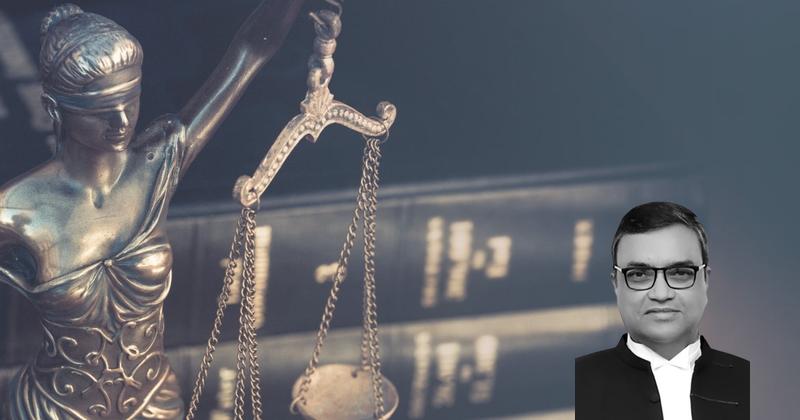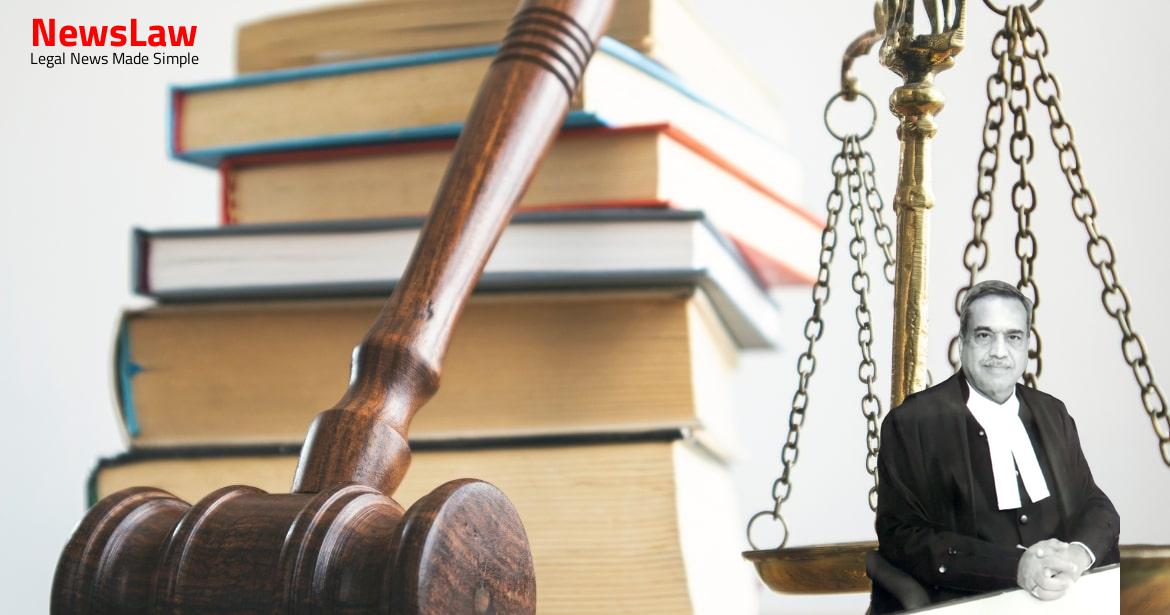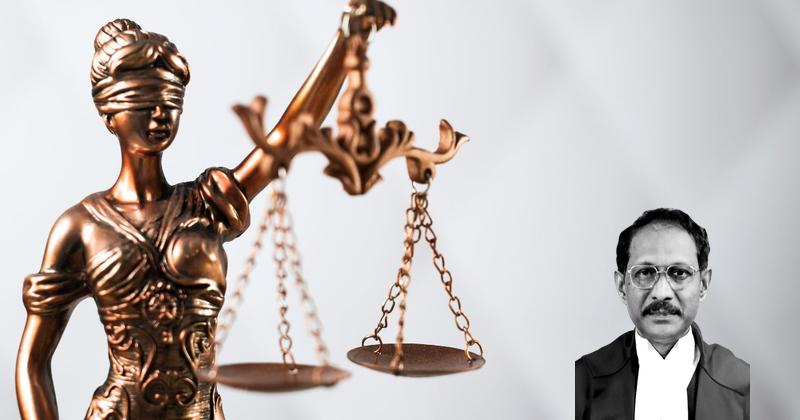Remarking that a valid procedure under Article 21 is one which contains a procedure that is “reasonable, fair and just” it was held that “Now obviously procedure prescribed by law for depriving a person of liberty cannot be “reasonable, fair or just” unless that procedure ensures a speedy trial for determination of the guilt of such person. Nayak ; in the latter the court re-emphasized the right to speedy trial, and further held that an accused, facing prolonged trial, has no option: “The State or complainant prosecutes him. The appellant complains that his application for bail ought not to have been rejected by the High Court, in the present case, considering that he has suffered incarceration for over 7 years and the criminal trial has hardly reached the half-way mark. Muslim, Shantilal Tigga @ Guddu and Nitesh Ekka, and their friends and families, before further supplying the ganja to Nepal Yadav @ 4 Tony Pahalwan.
Also Read: https://newslaw.in/supreme-court/legal-analysis-of-claim-for-loss-of-profit-in-delayed-contract/
The impugned judgment records that the present accused was prima facie in regular contact with other co-accused as indicated by the call records, and that the main accused Virender Singh @ Beerey had transferred money from his bank account to the appellant’s bank account, several times.
It was held that there was a prima facie case against him, and no grounds to rely on the exceptions of Section 37 of the NDPS Act; therefore, application for regular bail was refused, with a direction to the trial court to expedite the trial and conclude it within six months. Provisions like Section 37 of the NDPS Act have been upheld by this court, as necessary to ensure public order and to prevent recurrence of serious crimes like drug dealing.
(2) The limitations on granting of bail specified in clause (b) of sub-section (1) are in addition to the limitations under the Code of Criminal Procedure, 1973 or any other law for the time being in force, or granting of bail.” In this case, as it stands, the appellant has been in custody since 03.10.2015, barring grant of interim bail from time to time, for wedding ceremonies and to take care of his ailing mother. It has further to be noticed that the conditions for granting the bail, specified in clause (b) of sub-section (1) of Section 37 are in addition to the limitations provided under the Code of Criminal 9 7 Procedure or any other law for the time being in force regulating the grant of bail.”
This court has to, therefore, consider the appellant’s claim for bail, within the framework of the NDPS Act, especially Section 37. Union of India, this court made certain crucial observations, which have a bearing on the present case while dealing with denial of bail to those accused of offences under the NDPS Act: “On account of the strict language of the said provision very few persons accused of certain offences under the Act could secure bail. As we have not felt inclined to accept the extreme submission of quashing the proceedings and setting free the accused whose trials have been delayed beyond reasonable time for reasons already alluded to, we have felt that deprivation of the personal liberty without ensuring speedy trial would also not be in consonance with the right guaranteed by Article 21.
State of Rajasthan (“ the concept of bail emerges from the conflict between the police power to restrict liberty of a man who is alleged to have committed a crime, and presumption of innocence in favour of the alleged criminal….” ). Union of India again, this court expressed the same sentiment, namely that when stringent provisions are enacted, curtailing the provisions of bail, and restricting judicial discretion, it is on the basis that investigation and trials would be concluded swiftly. This would also ensure that persons ultimately found innocent are not unnecessarily kept in jail for long periods.” In a recent decision, while considering bail under the Unlawful Activities Act (Prevention) Act, 1967, this court in Union of India v. Union of India this court while considering bail conditions under the Prevention of Money Laundering Act, 2002, held that: “If the Parliament/Legislature provides for stringent provision of no bail, unless the stringent conditions are fulfilled, it is the bounden duty of the State to ensure that such trials get precedence and are concluded within a reasonable time, at least before the accused undergoes detention for a period extending up to one-half of the maximum period of imprisonment specified for the concerned offence by law.”
10 16.
The court expressed the opinion that Section 436A (which requires inter alia the accused to be enlarged on bail if the trial is not concluded within specified periods) of the Criminal Procedure Code, 1973 would apply: “We do not wish to deal with individual enactments as each special Act has got an objective behind it, followed by the rigour imposed. It is an undisputed fact that two co- accused persons (who also, were not present at the time of raid and from whom no contraband was recovered) – the accused (Virender Singh @ Beerey) who allegedly transferred money to the appellant’s account as payment for the ganja, and the accused (Nepal Yadav @ Tony Pahalwan) from whom the original insurance papers and registration certificate of the car from which contraband was seized, was recovered – have both been enlarged on bail.
Given the mandate of the general law on bails (Sections 436, 437 and 439, CrPC) which classify offences based on their gravity, and instruct that certain serious crimes have to be dealt with differently while considering bail applications, the additional condition that the court should be satisfied that the accused (who is in law presumed to be innocent) is not guilty, has to be interpreted reasonably.
On the other hand, the court in these cases under such special Acts, have to address itself principally on two facts: likely guilt of the accused and the likelihood of them not committing any offence upon release. Therefore, the only manner in which such special conditions as enacted under Section 37 can be considered within constitutional parameters is where the court is reasonably satisfied on a prima facie look at the material on record (whenever the bail application is made) that the accused is not guilty. Before parting, it would be important to reflect that laws which impose stringent conditions for grant of bail, may be necessary in public interest; yet, if trials are not concluded in time, the injustice wrecked on the individual is immeasurable.
Self-perception changes.”
Case Title: MOHD MUSLIM @ HUSSAIN Vs. STATE (NCT OF DELHI) (2023 INSC 311)
Case Number: Crl.A. No.-000943-000943 / 2023



